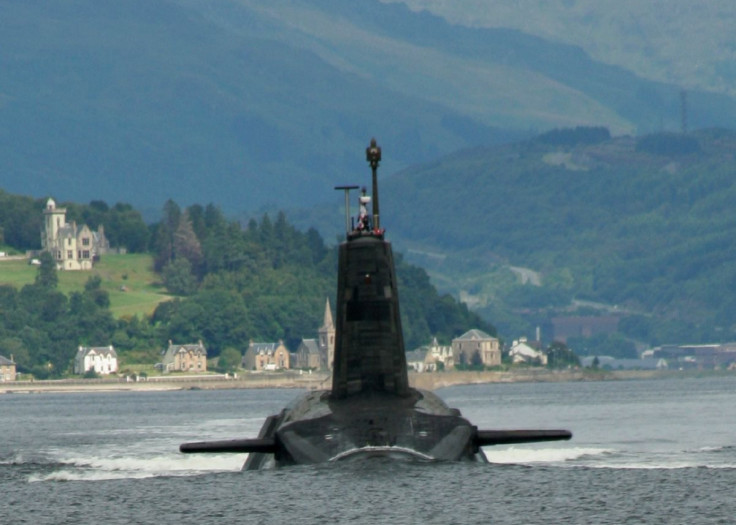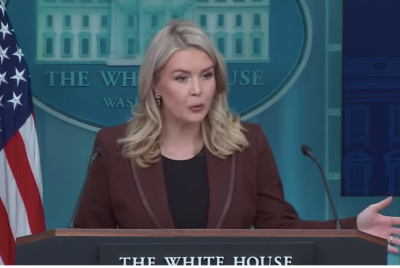US Defence Secretary Ash Carter tells the UK to keep Trident nuclear weapon programme

The UK must continue with its Trident submarine programme in an effort to maintain its "outsized" role in global defence according to the US defence secretary Ash Carter. He said that the nuclear force is an "important part of the deterrent structure of Nato".
The outspoken support from Carter comes as MPs are expected to vote on the controversial defence system that has seen its cost skyrocket to £31bn ($44.97bn) over the past 20 years, with a further £10bn set aside in case of further cost increases, causing public debate and protests in Parliament. The Conservative government are set to back proposals to continue with the programme while the Labour Party is understood to be split on its position, with its leader Jeremy Corbyn opposed to the nuclear deterrent.
Carter told the BBC that Trident enables Britain to "continue to play that outsized role on the global stage that it does because of its moral standing and its historical standing. It's important that the military power matches that standing and so we're very supportive of it".
Last week, Julian Lewis, chairman of the Defence Select Committee questioned why the government has a vote on renewal, which had been expected within weeks. If the programme is voted through, four UK submarines carry up to eight Trident missiles; each can be fitted with a number of warheads.
In November last year, MPs in the House of Commons rejected a motion for the Trident weapons system to be scrapped, tabled by the Scottish National Party (SNP). The motion was defeated by 330 votes to 64. The SNP called Trident a "political ego trip" which would never be used. However, UK defence secretary Michael Fallon said it was a key "insurance policy".
© Copyright IBTimes 2025. All rights reserved.




















